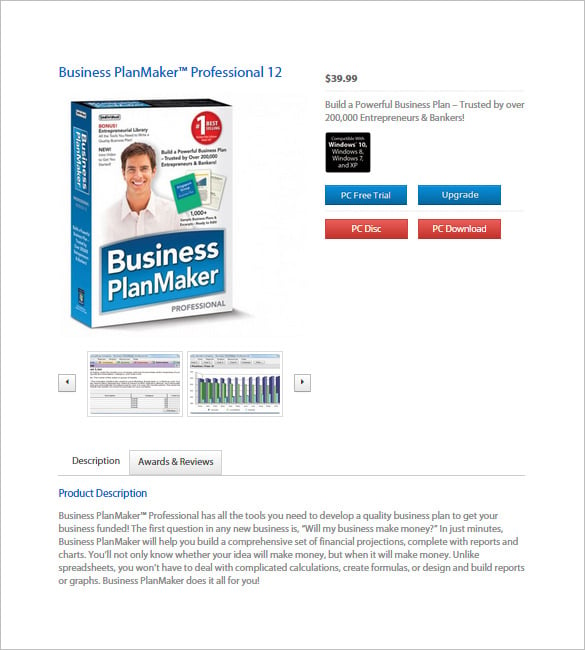

In theory, owning your own firm gives you more control over your income.Ĭonsider the following questions to get started: Starting your own law firm isn’t just about having a job-it gives you the potential to have more freedom and more fulfillment. The first and most critical step in writing an effective plan is to ask yourself, “Why do I want to own a law firm? What do I want to achieve? What’s my definition of success?” For a more specific, meaningful, and ultimately rewarding business plan, consider these three points: 1. What to consider when creating your business planīefore you go ahead with writing a law firm business plan, it’s important to take a step back and reflect on what you want from your practice first. That being said, the more thought you put into your business plan now, the better you’ll set yourself up for success in the long run. As you think through what it is you want to achieve, what type of clients you want to serve, and what type of matters you want to handle, your business plan may evolve. This document can also change as your goals change so don’t feel pressured to have all the answers upfront. This summary includes general information about your law firm, why you chose to start it, major goals, the services you offer, a budget, and a strategy for gaining and managing clients.Ī business plan is essential to any law firm as it serves as a roadmap for the future.

What is a business plan and why is it important?Ī law firm business plan is a document that summarizes what you want to achieve and how you’ll run your business. That’s where a business plan for your law firm comes in. What your goals are, how much revenue you’ll need, and why people should choose you over other lawyers are all factors you’ll need to consider when first starting out. While you may already have many exciting ideas in your head (like what you’ll name your firm), it’s important to take a step back and make sure you have a plan so you know where you’re going.
BUSINESS PLAN CREATOR FREE HOW TO
A passion for practicing law is essential, but beyond that, you’ll also need to know how to run the business side of your new firm. Please note that much of the information presented in this example is fictitious and only intended to exemplify the type of information that should be included in each field.The first steps of starting your own law firm are crucial. The best way to ensure you create a superior business plan is to work with experts in business and co-operative development that can review your plan and provide the advice and expertise you need.ĭisclaimer: This business planning guide does provide examples where appropriate. Fabricating a business plan with unrealistic ideals and projections won’t help you promote your business and will lead to challenges down the road. If your business plan will be used to attract funders, think of ways to set your business apart from others by making a clear case for why your business should receive their support. When writing a business plan, consider who the audience might be. The co-op’s structure can be built into the business, but shaping and operating the business should make economic feasibility a priority. Co-operative businesses might be structured differently than other business models, but all businesses are built on the same foundational practices. Starting and building a business can be complicated, confusing, and frustrating - but with a well-crafted business plan in place your co-operative will be off to a good start. If you’re starting a new business, it’s important to clearly define and articulate your plans: what will we do and how will we do it? Every business, even co-operatives, should develop a business plan that can be used to engage new members, raise capital, attract investors, and provide guidance to those involved.Ī co-operative is a business and requires the same level of skill, energy, and commitment as any other business.


 0 kommentar(er)
0 kommentar(er)
